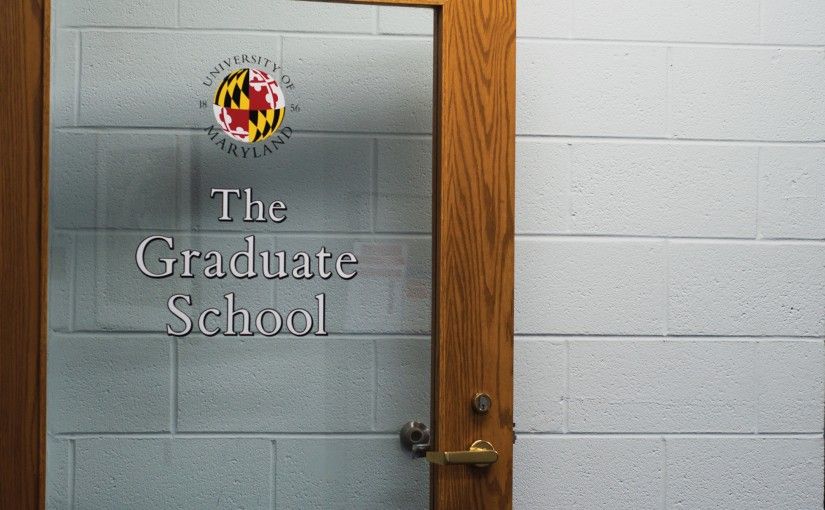Views expressed in opinion columns are the author’s own.
When I began my PhD career five years ago, I wasn’t sure how to understand the work I was undertaking. My advisor sent me The Illustrated guide to a Ph.D. by Matt Might (I’ll wait while you take a look). While a PhD rightly involves investigating a hyper-narrow question, the graduate education enterprise has lost sight of the bigger picture.
As an Research 1 and land-grant institution, the University of Maryland has an obligation to share important scholarly results with the community. But one-off events, like Maryland Day, cannot adequately prepare the 10,000-plus graduate students on campus for careers that will require communication skills. No doubt there are countless other opportunities for graduate students to practice their research communication and public engagement skills, but this is often seen as a luxury and can come at the cost of their own research time.
At conferences, science communication workshops and Capitol Hill visit days, I heard similar anecdotal stories of graduate students calling in sick from research to participate in these events. And it is worth noting these stories are from students with the flexibility, ability and funds to attend these events. This raises the question: How do other graduate students gain the skills necessary to remain competitive for any career pathway? My answer is that I don’t know. I have been fortunate, like many other graduate students at this university, to leverage my location to participate in many D.C.-based events and build out my resume.
It is exactly my position that brought me to present the Graduate Student Government with a piece of legislation titled, “A Resolution Supporting the Campus-wide Workshop Series on Fundamentals of Scholarly Communication and Public Engagement for Graduate Students.” This legislation specifically calls for additional campuswide training opportunities for graduate students to improve their communication and public engagement skills. It’s widely supported by individual graduate students, graduate student leaders and graduate student organizations from across the campus community.
Instead of asking graduate students to take on the burden of secretly seeking out communication and engagement opportunities, the university (and its departments) should make a concerted effort to integrate communication and public engagement training opportunities into curricula and support graduate students seeking out such opportunities. Our university is already incredibly siloed, and providing students with campuswide workshops or courses on communication and engagement will undoubtedly improve transdisciplinary collaborations, pool already tight resources and address many graduate student career needs.
At first, it might seem antithetical to the graduate student education enterprise to broaden the scope of educational materials, but I harken back to Dr. Might’s final few illustrations. I ask of this university’s administration, many of whom have gone through the same Ph.D. process: Don’t forget the bigger picture. And I ask that my fellow graduate students keep pushing.
Adria Schwarber is a doctoral student in the atmospheric and oceanic science department. She can be reached at aschwarb@umd.edu.



